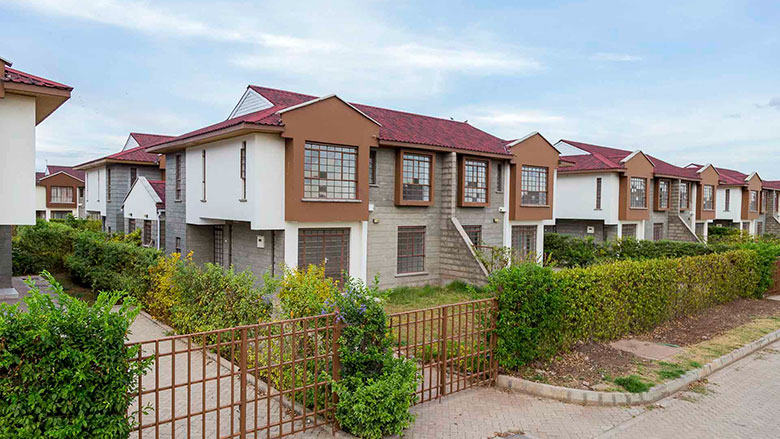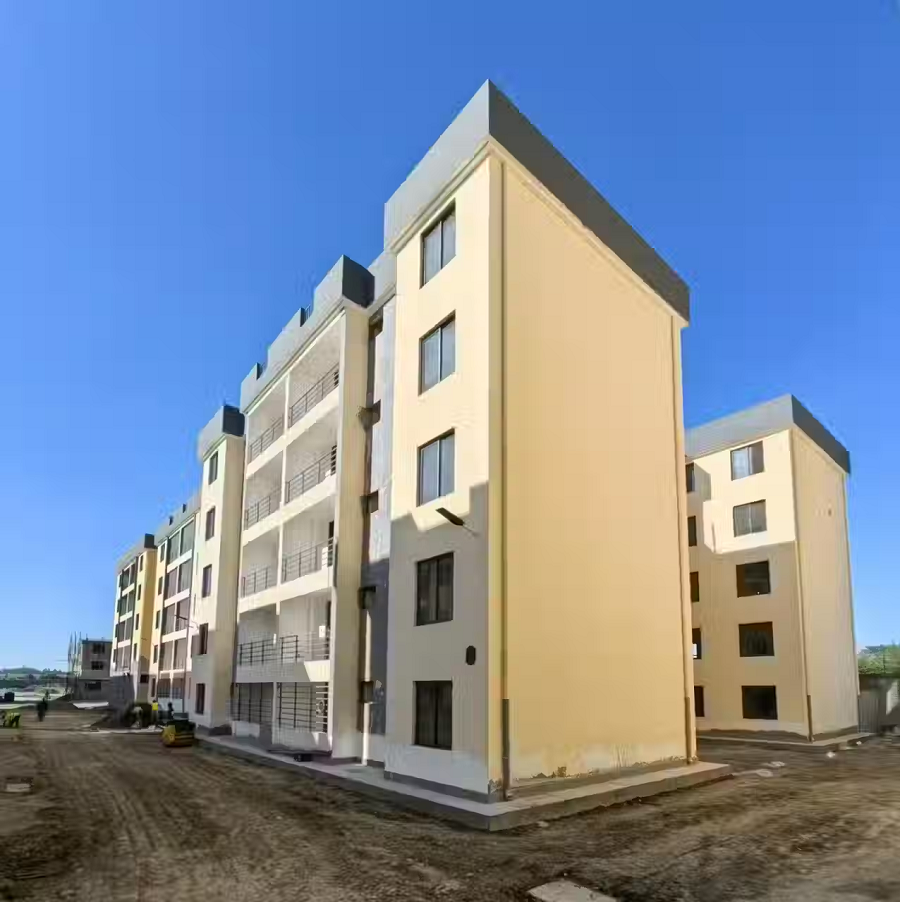Africa needs over Ksh 14.4 trillion funding to enable the continent address housing problem caused by the high population growth.
Shelter Afrique Chief Executive Officer Andrew Chimphondah said research has shown that the overall shortage of housing in Africa is currently estimated at 56 million housing units, out of which 45 million are in the affordable housing bracket.
“For the continent to fully address the issue of affordable housing shortage, at an average construction cost of USD 25,000 per unit, the continent requires at least USD 1.4 trillion excluding the cost of the bulk infrastructure and we believe that this is substantial,” said Chimphondah.
He said majority of African countries are facing with housing challenges due to high population growth, increased urbanisation, poor urban planning, dysfunctional land markets, rising construction costs, proliferation of informal settlements, and underdeveloped financial systems.
The CEO was speaking in Nairobi after the company signed a Memorandum of Understanding with Habitat for Humanity International (HFHI), which will see HFHI assist Shelter Afrique in mobilising capital for affordable housing.
In a press statement, Chimphondah announced that the housing units deficit in Nigeria is 22 million Tanzania and Democratic Republic of Congo three million while Kenya, South Africa and Madagascar is estimated at more than two million.
“With a deficit of over two million housing units, Kenya needs in excess of Ksh 5 trillion to adequately address the issue of affordable housing,” said Chimphondah, adding that for Kenya to achieve the units there should be focused political leadership.
The CEO said efforts by the Kenya government to put in place affordable housing as a key priority in implementing the Big Four Agenda and the establishment of the Kenya Mortgage Refinancing Company to improve access to mortgage lending on the demand side has encouraged Shelter Afrique and other African countries.
“If we do not intervene, we are going to see the surge of slums and substandard dwellings across Africa,” said Chimphondah.
He added that governments, multilateral institutions, non-profit organisations and the private sector should collaborate in addressing the housing issue before it becomes unmanageable.













Leave a comment